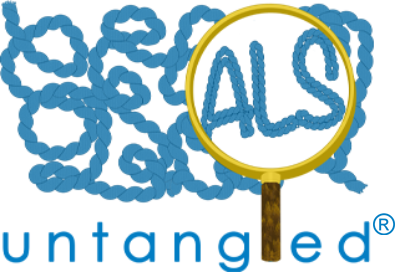L-Serine
L-serine is a reasonably inexpensive, widely available nutritional supplement that has a plausible mech-anism by which it could help a subset of patients who might have ALS from BMAA-toxicity. A small Phase I trial showed that L-serine up to 15 g twice daily is relatively well tolerated. A larger follow up trial is planned and […]
Hyperbaric Oxygen
Although there are plausible mechanisms by which HBOT could work in ALS and a flawed pre-clinical study showing benefit in a mouse model, the best available human trial of HBOT showed no benefit. Given this negative human trial and the fact that HBOT has potentially serious complications, we do not recommend HBOT for patients with […]
Precision Stem Cell
At ALSUntangled our goal is to provide guidance on the mechanism, pre-clinical data, anecdotal evidence, trials and risks of various alternative treatment options. Our goal is not to challenge the rights of PALS to pursue these options. Along these lines, MSC transplants in general have a promising mechanism, good pre-clinical data in ALS models and […]
Protandim
Protandim appears reasonably safe and inexpensive, has a promising mechanism by which it could help ALS, and there is a patient with a validated ALS diagnosis whose ALSFRS-R score improved on it. There are significant problems with the data described, including small study sample sizes, failure to demonstrate that Protandim increases Nrf2 in humans, failure […]
Mito Q
MitoQ has a promising mechanism, positive preclinical data from two different ALS models, and appears reasonably safe and inexpensive, especially at doses of 10 mg daily. Available anecdotal data are insufficient to determine how helpful this might be in PALS. A small open-label pilot trial with validated ALS diagnoses and outcomes appears warranted. Click here […]
Acupuncture
Acupuncture is reasonably safe, and has potential mechanisms of action, pre-clinical studies and case reports suggesting that it could be a useful treatment for ALS. However, before it can be endorsed even as a candidate for a phase II trial, the studies described above need to be independently replicated using more clearly verified diagnoses and […]
Fecal Transplants
There is rapidly expanding evidence implicating alterations in the fecal microbiome in wide-ranging human diseases, including potential contributions via a gut-brain signaling axis in neurodegenerative and neuroimmunologic disorders. Proposed mechanisms such as immune modulation and the production of neurotoxins by clostridia or other microbiota could bypass an intact blood-brain barrier. To date, there are no […]
Deanna Protocol
Mitochondrial dysfunction, glutamate excitotoxicity, and oxidative stress have all been implicated in ALS pathogenesis, and targeting these mechanisms individually or by a cocktail such as the Deanna Protocol could play a role in future ALS therapies. However, many of the preclinical and animal studies related to these pathways have not translated into successful treatments in […]
